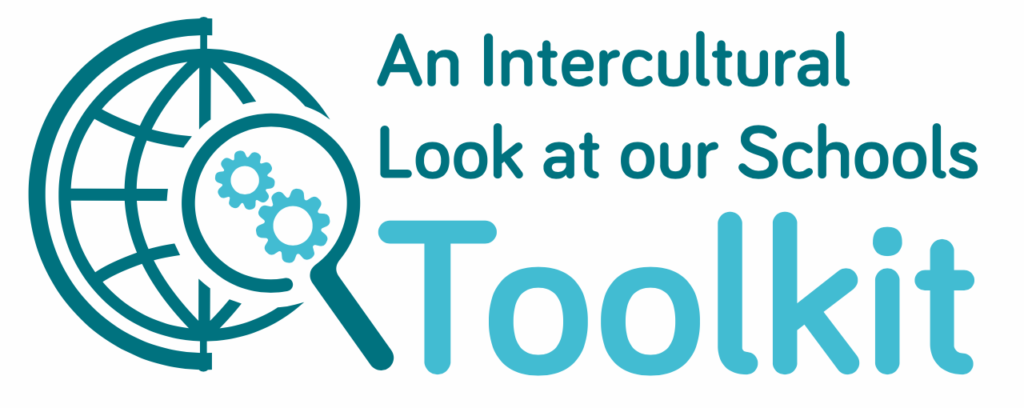About
A toolkit for self-evaluation and supporting cultural and linguistic diversity in our schools
Overview
Between 2016 and 2019, the European Centre for Modern Languages (ECML) developed a project called A Roadmap to Support the Languages of Schooling. The aim of this project is to enable schools to set up a tailor-made, whole-school strategy to support the development of students’ competences in the language(s) of schooling”.
Using the ECML project as a springboard, we have adapted and contextualised the ECML Roadmap for Use in Post-Primary Schools in Ireland. The result is this toolkit for self-evaluation and support for intercultural and linguistic diversity in schools wishing to address inclusion.
To learn more about the intercultural dimension of post-primary education, feel free to read this article.


Aim
The Toolkit is intended for post-primary schools in Ireland. It provides a framework for schools wishing to adress the intercultural dimension in the school.
It aims to raise awareness of the role students’ plurilingual and pluricultural identities and competences play in their learning in a school setting.
It also aims to support teachers and school management in facilitating and promoting students’ access to the curriculum. When schools consider the interculural dimension of teaching and learning, they are ensuring that students develop and can reach their potential in all subjects. The toolkit also encourages schools to cast an intercultural look at aspects of school life beyond the classroom to ensure that all languages and cultures of the school community are included and valued.
View
The framework takes a holistic view of the school community, the teaching and learning and the learner. It will be used to inform school policy and improvement. The framework has been aligned with school self-evaluation documents and Looking at Our Schools. The common themes and issues that are surveyed/addressed across all these school developement tools will facilitate reflection and change as well as encourage meaningful dialogue between all members of the school community in relation to the intercultural and linguisitc diversity in schools.


Stakeholders
An Intercultural Look at our Schools Toolkit involves a number of stakeholders who are members of the school community including the Board of Management, principals, deputy principal(s), teachers, non-teaching staff, students and parents/guardians. Non-teaching staff may include a range of people in the school. For example, caretakers, SNAs, canteen staff, secretaries, cleaners and the librarian. This is the case even if these staff members work part-time at the school.
A whole-school approach should include all members of the school community.
Resources included in the toolkit
01.
Statements of Practice
A set of Statements of Practice for each stakeholder. These are to be used by the school to identify and reflect on the intercultural dimensions in the life of the school.
02.
Examples of Good Practice
The purpose of the practices is to both inspire and help the school to plan a whole-school strategy according to the needs identified in this self-assessment process.
03.
Set of documents
The Toolkit contains a set of documents in order to facilitate its implementation and use.
Your Privacy
Data Protection
The Roadmap developed by the ECML seeks to comply with the EU General Data Protection Regulation (GDPR); therefore, all data entered will be strictly used for the self-assessment of your school and is for internal use only. It is possible to use the real name of the school or, alternatively, a fictional name. The administrators or coordinators of your schools‘ project only have access to the overall data relating to their school and not to the data generated by individuals.






